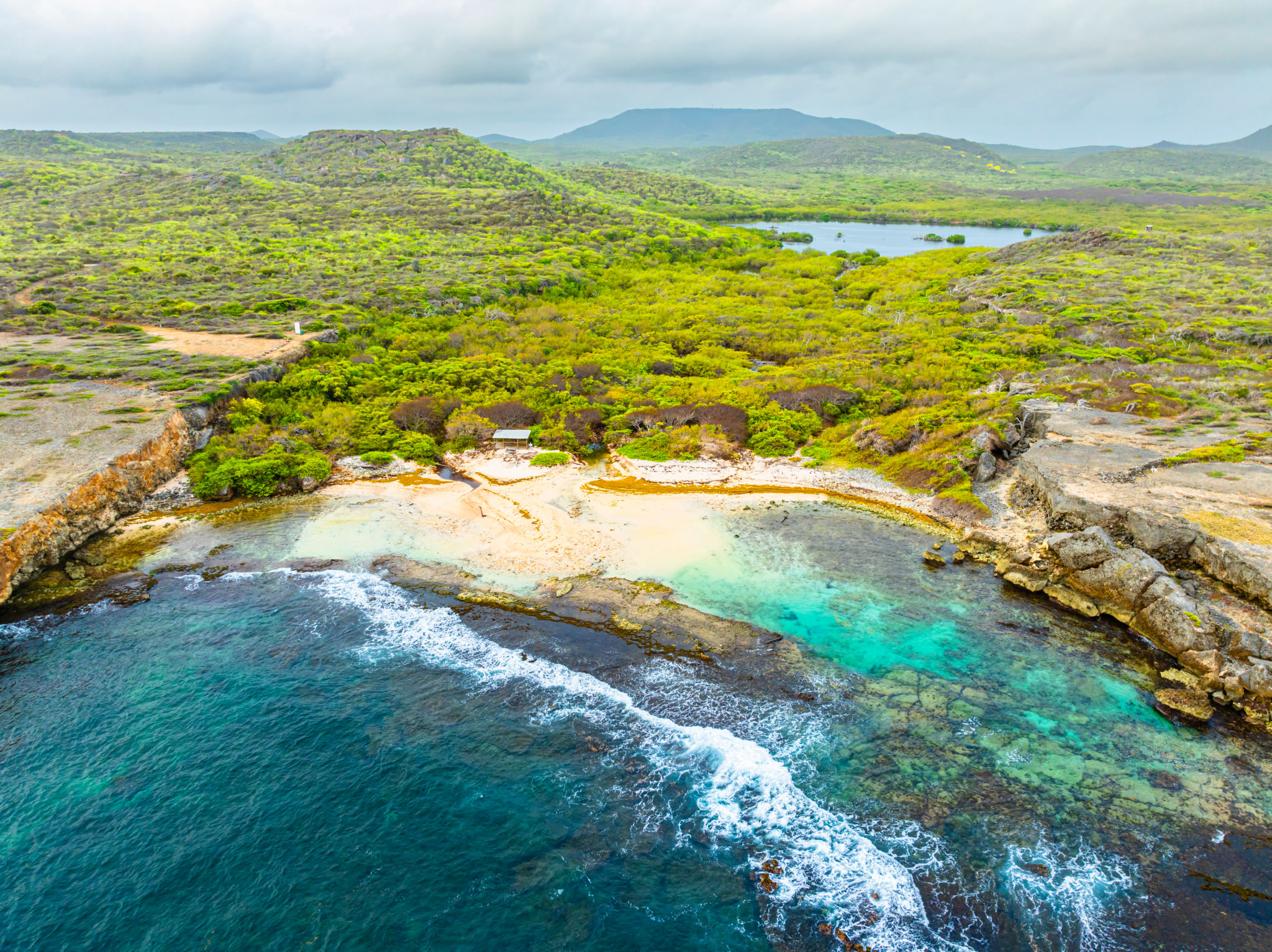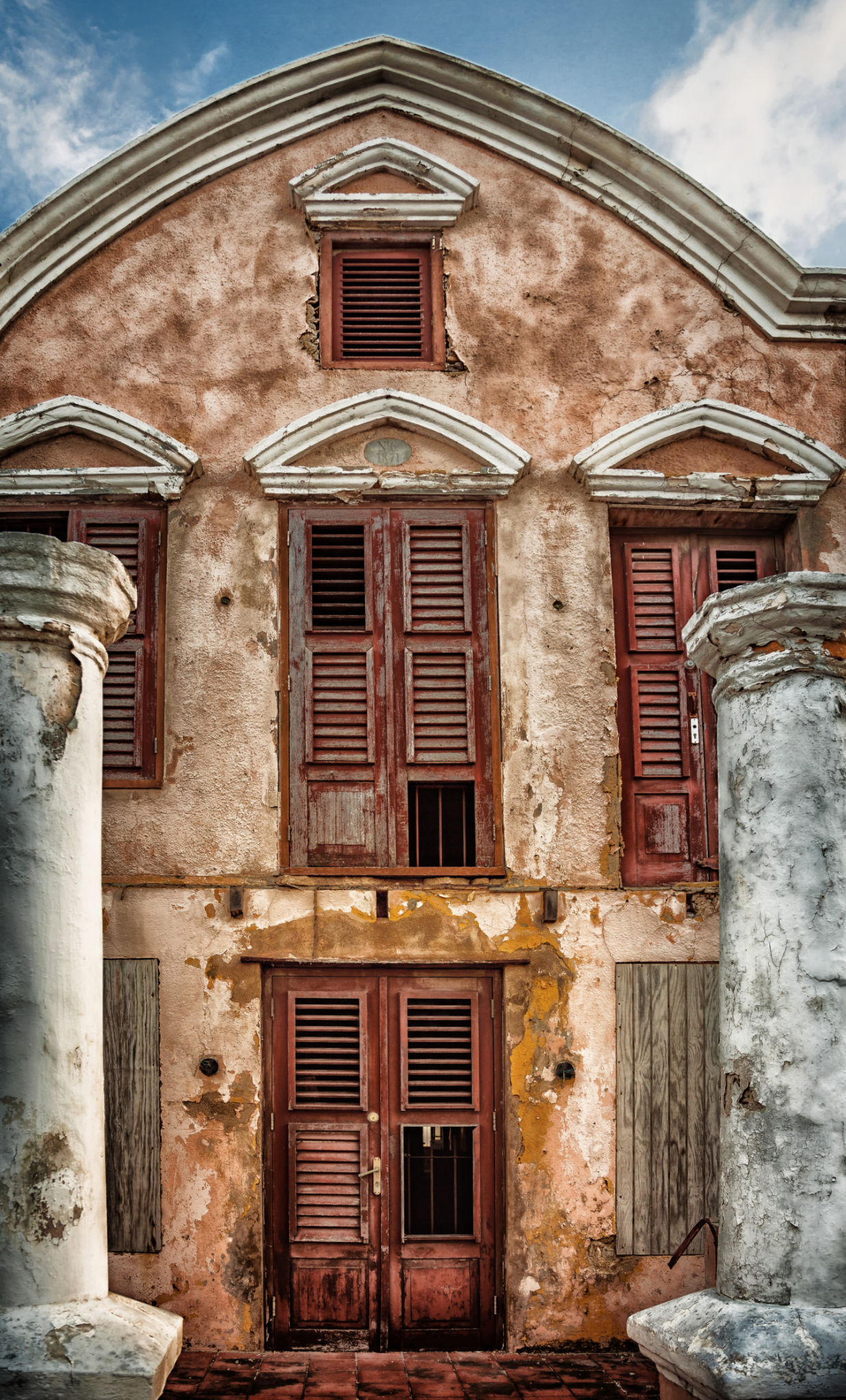Navigating Land Purchase Regulations in Curaçao: A Step-by-Step Guide
RN
Understanding the Basics of Land Purchase in Curaçao
Purchasing land in Curaçao can be a rewarding investment, but it's essential to understand the local regulations and processes involved. The island's legal framework is designed to protect both buyers and sellers, ensuring that transactions are conducted smoothly. Before embarking on this journey, familiarize yourself with the basic requirements and documentation needed for a successful purchase.
Initially, it's crucial to determine whether the land is private or leasehold. Leasehold land, owned by the government, has specific conditions attached. Understanding these differences will guide your decision-making process and ensure compliance with local laws.

Steps to Take Before Purchasing Land
Before engaging in any transaction, conduct thorough research on the property. This includes examining the title deed to confirm ownership and any encumbrances on the land. It's advisable to hire a local attorney who specializes in real estate to assist with this process. They can help verify the property's status and ensure there are no legal impediments.
Engage with a registered real estate agent who has extensive knowledge of the Curaçao market. They can provide insights into property values, neighborhood trends, and potential development plans that may affect your investment.
Financial Considerations
Understanding the financial implications of purchasing land in Curaçao is essential. Costs extend beyond the purchase price and include taxes, notary fees, and potential renovation or development expenses. Prepare a comprehensive budget that accounts for these additional costs to avoid financial strain.

The Legal Process of Land Acquisition
Once you've decided on a property, the next step is to draft a sales agreement. This contract outlines the terms of the purchase and is typically prepared by a notary. In Curaçao, notaries play a crucial role in property transactions, ensuring that both parties adhere to legal requirements.
- Due Diligence: The notary will conduct due diligence to verify the property's legal status and confirm that all conditions are met before proceeding.
- Signing the Agreement: After due diligence, both parties sign the sales agreement in the presence of the notary.

Registration and Final Steps
After signing the agreement, the notary registers the transaction with the Land Registry Office in Curaçao. This step is crucial as it officially transfers ownership to the buyer. The new owner will receive an updated title deed reflecting their ownership rights.
Lastly, ensure all taxes and fees are settled promptly to avoid any legal issues. It's advisable to keep in touch with your attorney and real estate agent throughout this process to address any concerns that may arise.
Conclusion: Making an Informed Decision
Navigating land purchase regulations in Curaçao requires careful planning and an understanding of local laws. By following these steps and seeking professional guidance, you can make an informed decision that aligns with your investment goals. Whether you're looking to build a home or develop a commercial property, ensuring compliance with regulations will pave the way for a successful acquisition.

